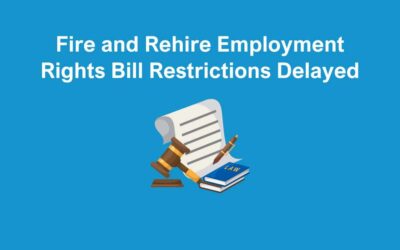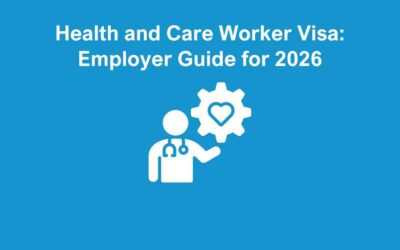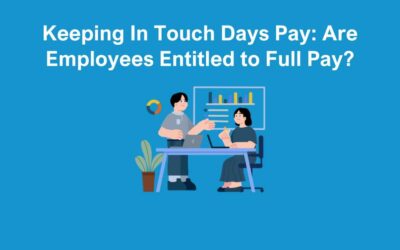When an employee informs you they are pregnant, it’s important you make sure you fully understand the latest legislation on statutory maternity pay and leave. This is an exciting time for your employee. It’s also a time when financial planning becomes more critical than ever. To support your staff during this exciting time, it’s important you provide complete transparency regarding entitlement to
In this blog, we will look into the intricacies of statutory maternity pay in the UK, including eligibility criteria, and payment rates.
Statutory Maternity Pay Rates
The rate of SMP in the UK depends on your employees average weekly earnings and when they take maternity leave:
- For the first six weeks, your employee will receive 90% of their average weekly earnings before tax.
- For the remaining 33 weeks (if they choose to take the full 39 weeks), they will either receive £187.18 per week or 90% of average weekly earnings, whichever is lower.
It’s essential to keep in mind that SMP is subject to income tax and National Insurance contributions. In addition, the actual amount they receive may be slightly lower.
SMP can be paid for up to 39 weeks, but how long your employee decides to take it is entirely up to them. They can start receiving Statutory Maternity Pay up to 11 weeks before their due date, or they can choose to begin it on the day after the baby is born.
Eligibility
To be eligible for SMP in the UK, you must meet certain criteria:
- Earn on average at least £123 a week
- Your employee must notify you at least 15 weeks before their due date, informing you of their pregnancy, due date, and when they intend to start maternity leave.
- Continuous Employment: Your employee should have continuous service with the company for at least 26 weeks by the end of the 15th week before their expected week of childbirth (EWC).
- Proof of Pregnancy: They must also provide you with a MATB1 certificate. This is provided by your employees midwife or GP and confirms their pregnancy.
Enhanced Maternity Pay
Enhanced maternity pay is a supplementary financial benefit offered by some employers to pregnant employees on maternity leave. Unlike statutory maternity pay, which is the minimum legal requirement mandated by the government, enhanced maternity pay is an additional package that goes beyond the statutory obligations. Employers who provide enhanced maternity pay typically offer a higher level of financial support during the maternity leave period. This makes it easier for new parents to manage their living expenses.
Employers who offer enhanced maternity pay understand that this is not just a legally mandated obligation. it’s an opportunity to support their employees during a significant life transition.
The decision to provide enhanced maternity pay reflects an organisation’s dedication to retaining and attracting top talent. It recognises that employees who are confident in their financial security during maternity leave are more likely to return to work with enthusiasm and loyalty. By offering this benefit, employers send a clear message that they value their employees’ personal and professional lives. This also contributes to a positive workplace culture that fosters loyalty, productivity, and a healthy work-life balance.
Conclusion
Statutory Maternity Pay is a valuable support system that provides financial assistance to parents during their maternity leave. Eligibility criteria and payment rates are relatively straightforward, making it easier for new mothers to access the support they need. It’s essential for expectant mothers to plan their maternity leave and notify their employers in a timely manner. This ensures they receive the maximum benefits available to them.
Contact Us
If you would like any support or advice on statutory maternity pay, contact us now. We recently wrote a blog on pregnant employee rights in the workplace.







